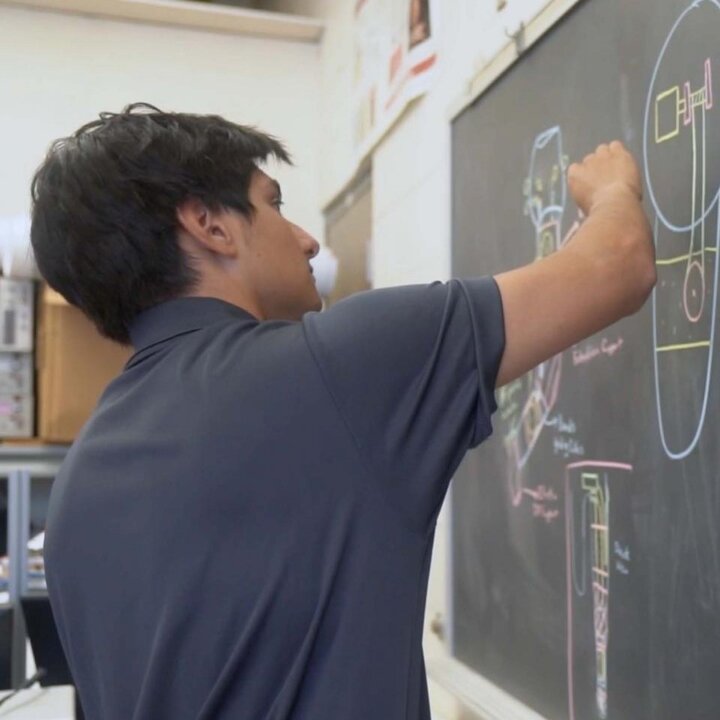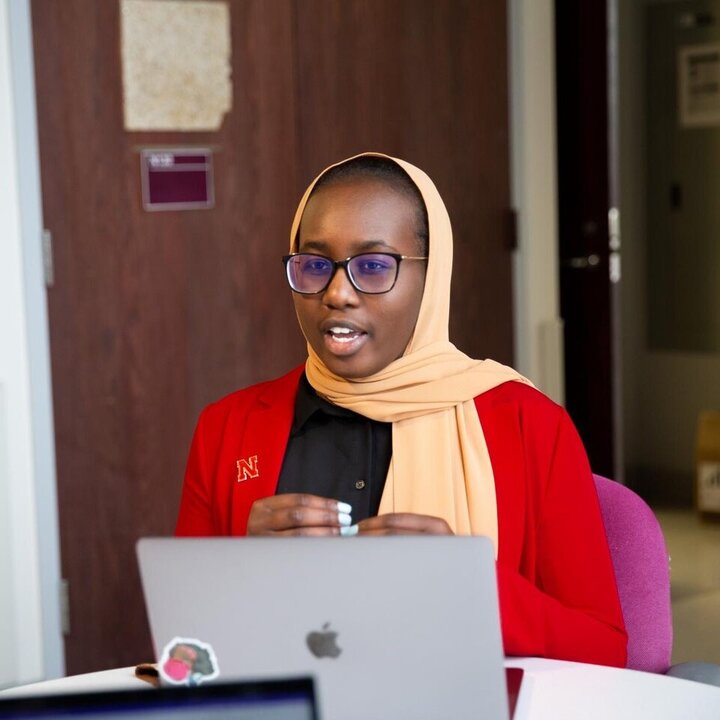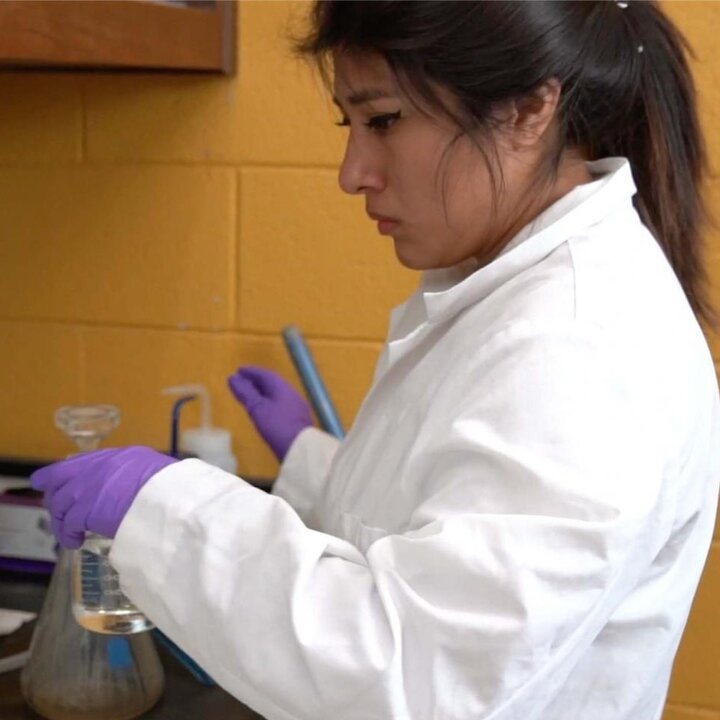three photos



Who We Are
The McNair Scholars Program was established in 1986 by the U.S. Department of Education to celebrate the life of Ronald E. McNair, Ph.D., astronaut and Challenger space shuttle crew member. The program aims to increase the number of underrepresented students in doctoral programs.
UNL’s McNair Scholars Program prepares its scholars for graduate study by goal setting, engaging in research with UNL faculty mentor guidance, and developing relational skills critical to success at the doctoral level.
Benefits
Benefits
- Individualized academic advising and consultation
- Access to research and faculty mentoring to develop necessary skills for graduate study
- Paid summer research experience, including stipend, room, and board
- Opportunities to attend national conferences to present research to faculty and peers
- Eligibility for McNair fellowships at some of the nation’s most prestigious colleges and universities
- Graduate application fee waivers at over 200 colleges and universities
- Travel funding to visit two of your top graduate schools
McNair Scholars Program Recruitment Video
Do I Qualify? (check marked list)
Do I Qualify?
- I am a citizen or Permanent Resident of the United States.
- I am a First-generation student expressing financial need OR A member of a group underrepresented in graduate education: African American/Black, Hispanic, American Indian/Alaskan Native, Native Hawaiian, and Pacific Islander.
- Enrolled as a full-time student in an undergraduate degree program at UNL.
- Excellent undergraduate academic achievement; my GPA is at least 3.0.
- See additional eligibility requirements: https://mcnair.unl.edu/apply/
Apply (pic band)
McNair Scholars' photos & quotes
Jeffrey Lopez, Ph.D.
Assistant professor in the Department of Chemical and Biological Engineering at Northwestern University.
"The McNair Scholars Program was extremely useful in preparing me for graduate school. My 2.5 years of undergrad research experience gave me a solid foundation of lab skills that made the transition to lab work in grad school very easy."

Jennifer Andersen, Ph.D.
Assistant Professor in the Office of Community Health and Research Department of Internal Medicine at the University of Arkansas for Medical Sciences in Fayetteville, Arkansas.
"The McNair program really taught me to see those small successes when taking risks — you can’t do something great if you never go out on a limb. [My mentors and McNair faculty] all modeled how to listen, ask the right questions, and support students to be the best version of themselves."

Melissa Norberg, Ph.D.
Associate Professor and the Deputy Director of the Centre for Emotional Health, Department of Psychology at Macquarie University in Sydney, Australia.
"As a McNair Scholar, I engaged in independent research. That experience helped me to learn how to balance my time. The mentors in McNair also engaged with us as peers. Graduate school is rewarding, but also difficult. Figure out early on how to manage that stress in a way that does not interfere with your goals. Engage in as many opportunities as you can, but do not overcommit."

Zachary Garfield, Ph.D.
Postdoctoral research fellow at The Institute for Advanced Study in Toulouse, France and maintains an affiliation at Washington State University as Adjunct Faculty in the Department of Anthropology. He is also co-director of The Omo Valley Research Projec
"The McNair program taught me how to structure my academic work and introduced me to the importance of interdisciplinary communication. In the McNair program and at our events I had to think about how to communicate the ideas and concepts we use in anthropology to a diverse audience of scholars. This was a major advantage, especially now, looking back."

